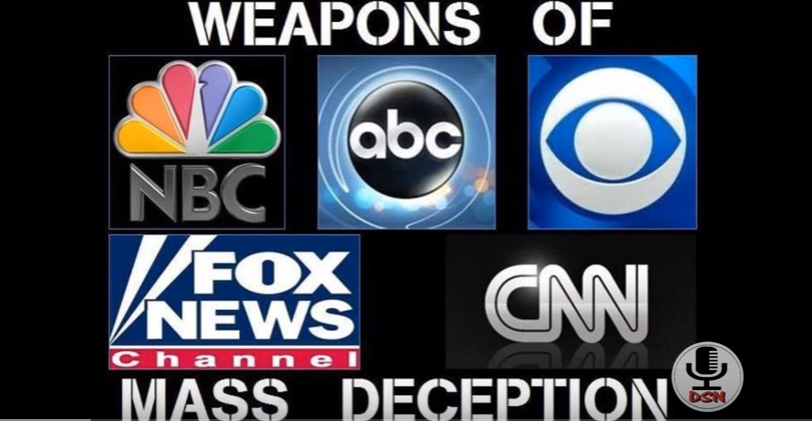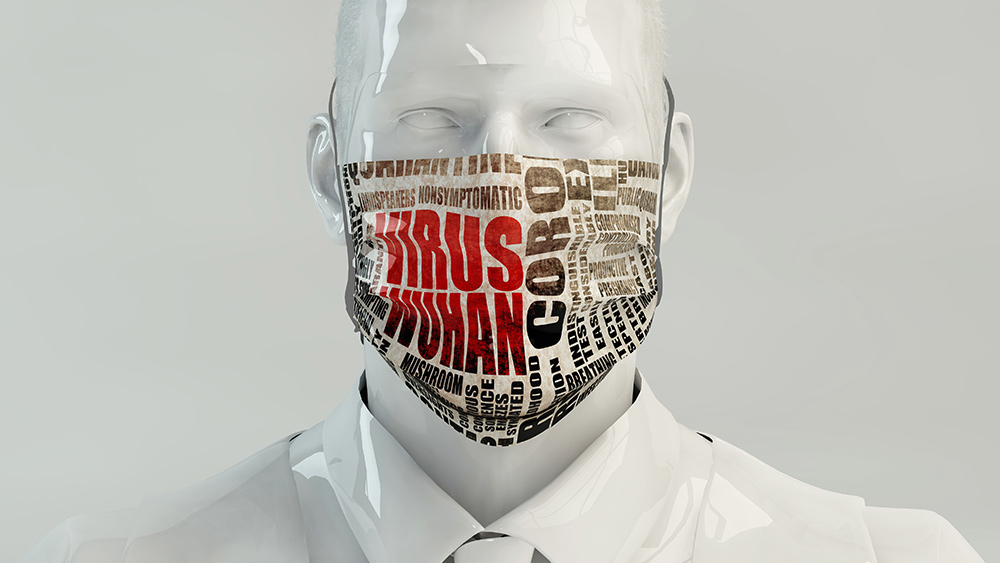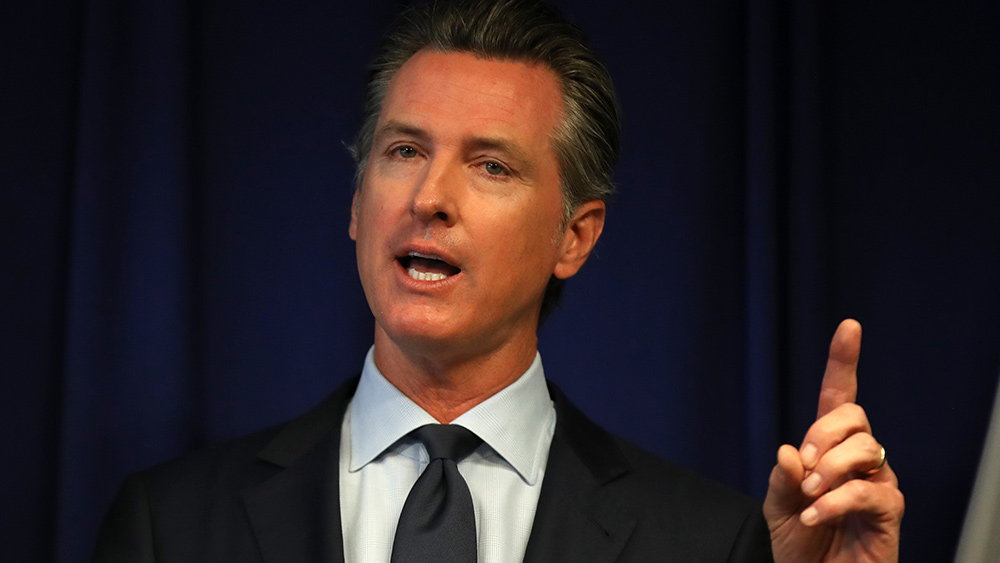U.K.’s Crime and Policing Bill 2025 reignites facial recognition controversy
04/09/2025 / By Laura Harris

- The United Kingdom’s Crime and Policing Bill 2025, now at the Committee stage, grants police access to over 50 million driver’s license photos for facial recognition searches.
- The bill revives a dropped Conservative plan, with Labour justifying it as necessary to combat crime, terrorism and violence against women.
- Big Brother Watch warns that the bill enables mass biometric surveillance, risking misidentification and unjust tracking of innocent citizens.
- Russia plans a 2025 rollout of facial recognition payments via 2 million terminals, linked to its state biometric database (UBS).
- Both systems face criticism for enabling government overreach, with Russia already using facial recognition to monitor activists.
The United Kingdom’s Crime and Policing Bill 2025, introduced in February by Home Secretary Yvette Cooper, has reached the Committee stage in the House of Commons, reigniting fierce debate over its expansion of facial recognition powers.
Crime and Policing Bill 2025, now just two steps away from moving to the House of Lords, seeks to bolster law enforcement capabilities, including granting police access to over 50 million driver’s license photos for facial recognition searches. (Related: Mastercard rolls out payment system that uses FACIAL RECOGNITION technology.)
Under the proposed changes, police, the National Crime Agency (NCA) and the Independent Office for Police Conduct could gain sweeping access to driver’s license information, including photos, for facial recognition searches.
The bill resurrects a contentious provision from the previous Conservative government’s Criminal Justice Bill, which was abandoned in 2024 following backlash. The Labour administration has framed the measure as essential to tackling “the epidemic of serious violence and violence against women and girls,” as well as enhancing police powers against antisocial behavior, crime and terrorism.
However, non-profit organization Big Brother Watch argued that Clause 95 of the bill, which empowers the Home Secretary to authorize access to driver’s license data for policing purposes, opens the door to mass biometric surveillance. The organization warned that the move could lead to routine biometric tracking of millions of law-abiding citizens with little transparency or oversight.
Big Brother Watch has likened the plan to creating a “permanent, automated police lineup”, where innocent individuals could be wrongly flagged by error-prone facial recognition systems. “Not only would this be an unprecedented breach of privacy, but would also put innocent citizens at risk of misidentification and injustice.”
Russia to implement nationwide facial recognition payment system this 2025
In relation to the Crime and Policing Bill 2025, Russia is also planning to implement a nationwide facial recognition payment system this 2025.
“The project roadmap has already been established, and the network launch is slated for the second half of 2025. We are developing a biometric payment standard, based on which other market participants will be able to launch their biometric services,” said Sberbank Senior Vice President Dmitry Malykh.
The initiative, a collaboration between Sberbank and the National Payment Card System (NSPK), will expand upon the existing Face Pay platform. Approximately two million biometric payment terminals are expected to be installed nationwide, allowing users to register their facial data via banking apps and make purchases at any terminal, regardless of their bank.
Beyond payments, the government envisions the system facilitating age verification for restricted purchases and contactless hotel check-ins. There are also discussions about incorporating cryptocurrency transactions. The system will be linked to Russia’s Unified Biometric System, a state-controlled database that consolidates biometric data for identification and authentication.
But critics warn of the system’s potential for mass surveillance, given that Russia has previously used facial recognition to monitor political activists.
FutureTech.news has more stories on the dystopian measures of governments and law enforcement to surveil citizens.
Watch the video below that talks about government agencies that were caught lying about the facial recognition program.
This video is from MyPodcastDropped2320 channel on Brighteon.com.
More related stories:
Biden signs executive order expanding use of digital IDs in application process for public benefits.
ABSURD: UN calls for widespread adoption of digital ID systems to combat climate change.
Fairway grocers in NYC now using facial recognition to profile customers.
Sources include:
Submit a correction >>
Tagged Under:
AI, biometrics, Collapse, Crime and Policing Bill 2025, driver's license, Facial recognition, future tech, overreach, privacy watch, risk, surveillance, UK
This article may contain statements that reflect the opinion of the author
RECENT NEWS & ARTICLES
COPYRIGHT © 2018 DECEPTION.NEWS
All content posted on this site is protected under Free Speech. Deception.news is not responsible for content written by contributing authors. The information on this site is provided for educational and entertainment purposes only. It is not intended as a substitute for professional advice of any kind. Deception.news assumes no responsibility for the use or misuse of this material. All trademarks, registered trademarks and service marks mentioned on this site are the property of their respective owners.




















